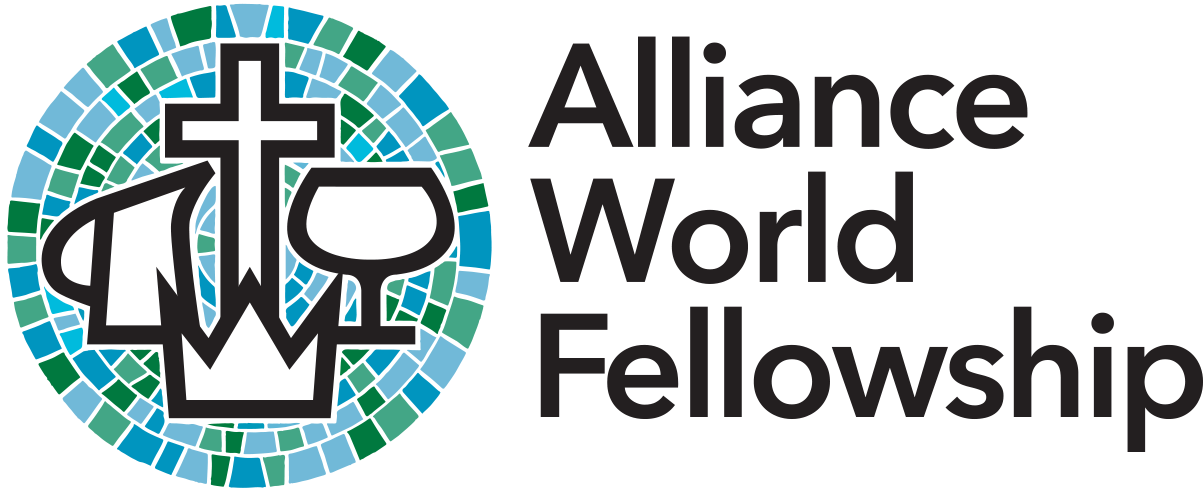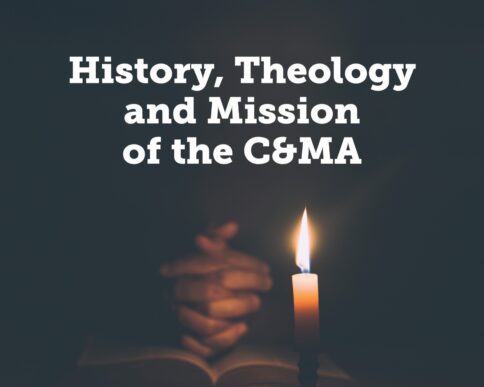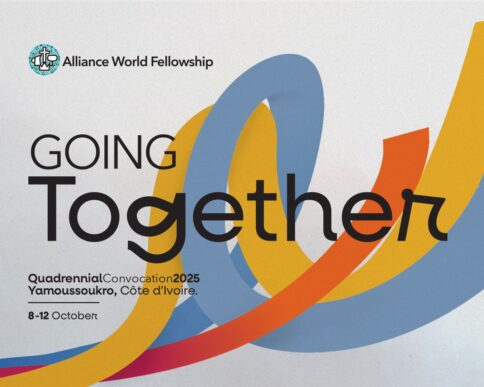Finishing the Task: “Whom Shall I Send? Who Will Go for Us?”
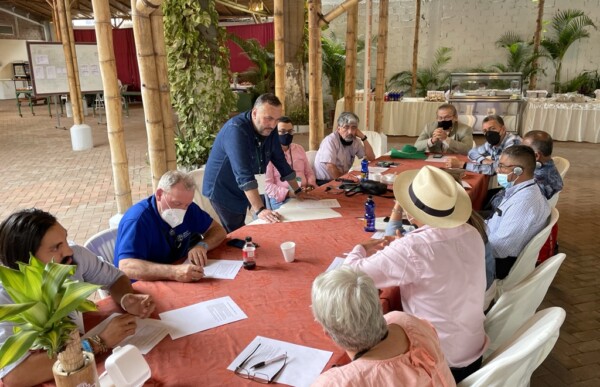
Related News
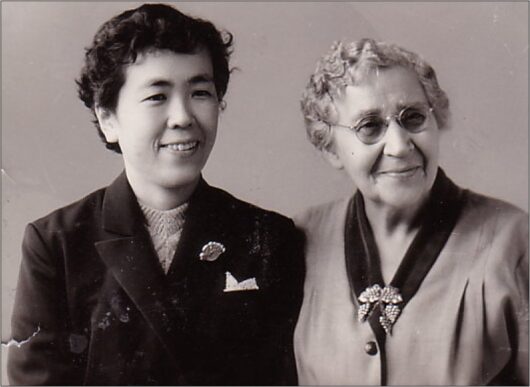
Mutsuko Ninomiya: Pioneer Missionary from Japan to Brazil
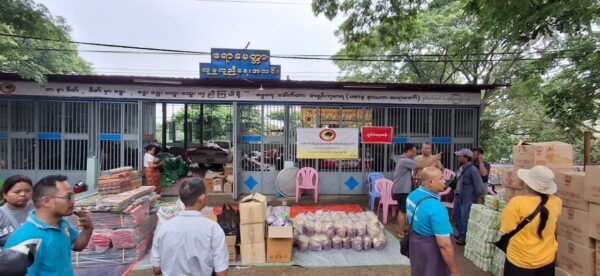
Alliance Churches in Thailand and Myanmar Respond to Dual Crises
It’s been more than two thousand years since Jesus returned to sit at the right hand of the Father. Have you ever wondered why he hasn’t come back? Jesus said in Matthew 24:14, “And this gospel of the kingdom will be preached in the whole world as a testimony to all nations, and then the end will come.” Despite all the advancements of technology, traveling and resources, research shows that more than 6,500 people groups, comprising over two billion people, still don’t have access to Jesus. It raises the question: do we truly want King Jesus to return? If so, what are we prepared to do?
Before the AWF Quadrennial Convocation in Milagro, Ecuador, AWF President Jura Yanagihara had been gathering C&MA mission leaders to collaborate in raising up the next generation of missionaries, or “International Workers” (IWs), especially from churches of the global south and specifically from the Latin churches of the C&MA. The following two realities and needs were driving and providing impetus for this work:
- Most of the remaining least-reached-and-engaged groups are in complex and restrictive places that do not provide “missionary” visas and that limit the entry of religious workers. Many of these nations and people groups are in what the AWF calls the “sixth” region (North Africa, Middle East, and Central and Southeast Asia). This alone has created challenges and raised significant barriers for the C&MA to deploy traditional IWs to these places.
- Because of the economic reality in countries, our C&MA national churches are, mainly in the global south, following the traditional model of sending “funded” IWs. That is limiting their capacity to send and maintain IWs in these countries. Consequently, it is not sustainable in the long term.
To address these challenges, we established a “Marketplace” and “Business for Transformation” (B4T), or “Business as Mission” (BAM), team. Their goal is to research and look at collaboration opportunities in places, particularly in the sixth region, where various C&MA mission teams and IWs are already working. We are currently discussing and pursuing collaborative projects that will send and receive specifically Latin Marketplace professionals. These IWs will be able to seek paid employment in these locations.
We are also discussing and researching collaborative business opportunities in the sixth region and in other places precisely to “open doors.” Business enterprises can establish themselves and become pipelines to pursue and develop intentional mission relationships. This way, we will facilitate gospel dialogs and witness church planting among the least reached and engaged groups.
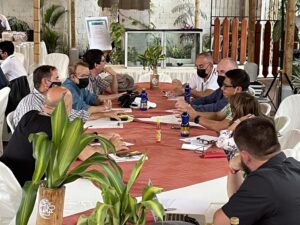 At the recent AWF Quadrennial, a three-day “Professionals and Business in Missions” workshop was offered. Around 30 people, C&MA national church presidents, pastors, professionals and businesspeople attended this workshop.
At the recent AWF Quadrennial, a three-day “Professionals and Business in Missions” workshop was offered. Around 30 people, C&MA national church presidents, pastors, professionals and businesspeople attended this workshop.
On the first day, Bill Dunham, U.S. Marketplace Ministries Director, presented the biblical, theological and missiological framework for the marketplace and business-based ministries.
On day two, Raul Santos, Canadian Regional Developer for Europe, the Persian and Turkic Belt and Middle East, shared stories through videos and one live in-person interview of current professionals and businesspeople engaging least-reached peoples in their country of service and residence. The workshop participants were also divided into three discussion groups: (1) pastors and national leaders, (2) professionals and (3) businesspeople. Each group discussed how they can increase their mobilization and current engagement in either business or the marketplace.
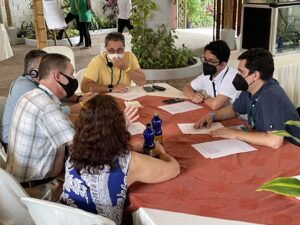 On the third day, Jorge Barra, Missions Director for the C&MA in Chile, presented more video examples of the existing C&MA marketplace and business ministries. He led the participants into discussing what the next practical steps to continue this conversation would be and how to begin partnerships and collaborations. At the end of this three-day workshop, we concluded that each of the three discussion groups needs to continue to meet so they can begin putting plans in place. We hope to see more individuals recruited and deployed to serve in the marketplace and start new business enterprises or expand existing opportunities among the least reached and engaged.
On the third day, Jorge Barra, Missions Director for the C&MA in Chile, presented more video examples of the existing C&MA marketplace and business ministries. He led the participants into discussing what the next practical steps to continue this conversation would be and how to begin partnerships and collaborations. At the end of this three-day workshop, we concluded that each of the three discussion groups needs to continue to meet so they can begin putting plans in place. We hope to see more individuals recruited and deployed to serve in the marketplace and start new business enterprises or expand existing opportunities among the least reached and engaged.
We are so thankful that God has called his church to prepare the way so that King Jesus can return. When the church was born, Jesus was already calling everyone regardless of their “jobs” or how they were employed. This has always included those who work through their professions, trades and business. If we really want to see the more than two billion least-reached people hear the gospel, experience Jesus’ mercy and forgiveness, and come into a saving relationship with him, we must all be willing to say, “Here am I. Send me” (Isaiah 6:8, NIV). In today’s world, where most of these least reached and engaged peoples are, the only way to live and serve is through employment in the local marketplace using one’s profession and business. More than 2,000 years since Jesus left planet earth to go back to sit at the right hand of his Father, God’s question to his bride, his church, has not changed. It continues to be, “Whom shall I send? Who will go for us?” (Isaiah 6:8, NIV). The question is, are we willing? When all have heard, Jesus may return!
